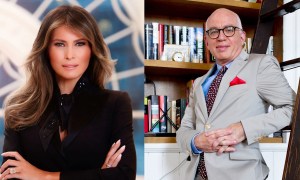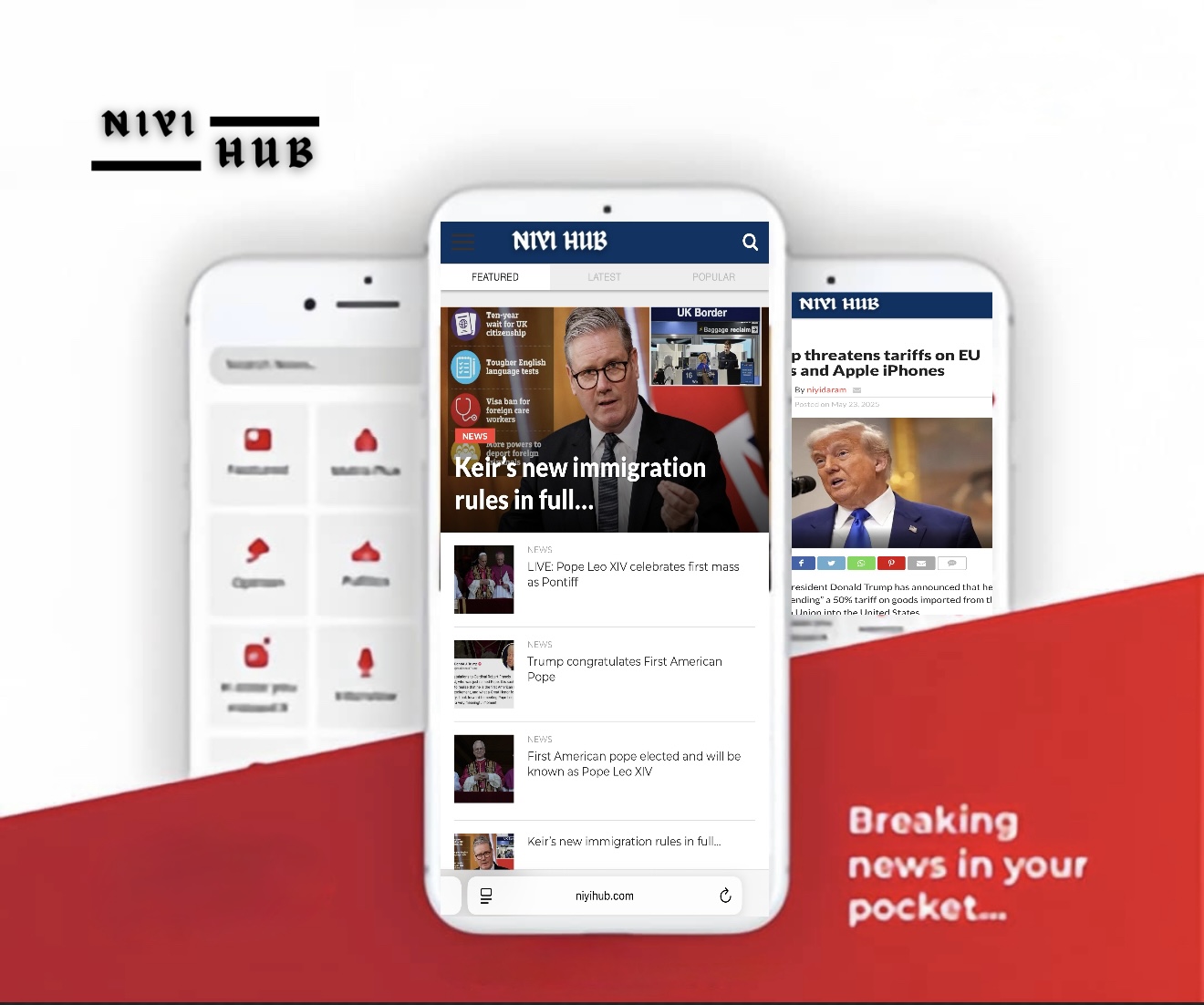King Charles gave a warm welcome to the new Canadian Prime Minister Mark Carney when he visited Buckingham Palace.
King Charles has once again demonstrated his quiet but steadfast support for Canada through symbolic gestures, as diplomatic tensions rise between Canada and former U.S. President Donald Trump. Bound by protocol, the King must navigate these challenges with discretion, expressing solidarity without overt political statements.
Despite his battle with cancer, the King had reportedly planned a visit to Canada in 2024. While the trip was postponed, royal sources suggest that once Canada’s upcoming election concludes, a visit will be prioritized. This would provide an opportunity for King Charles to reaffirm his commitment to Canada, which is facing economic and political threats from Trump.
During a recent meeting, the new Canadian Prime Minister mentioned to the King that his Order of Canada pin had broken that morning. In response, the King lightheartedly asked, “Do you want another one?” Yet, this seemingly small exchange carried deeper meaning, especially amidst concerns over the Commonwealth relationship. “These are important matters,” King Charles stated before engaging in a private 30-minute discussion with the Prime Minister. As both head of state for the UK and Canada, he must balance his support for Canada while avoiding any diplomatic missteps in UK-U.S. relations. The King is head of state of both the UK and Canada
The King is head of state of both the UK and Canada
Trump’s antagonistic stance toward Canada—including economic threats and suggestions that Canada become the 51st U.S. state—has fueled frustration among Canadians. However, King Charles must remain neutral, acting only on ministerial advice. Any personal opinions he may have on Trump’s remarks must remain undisclosed. Complicating this further, the British Royal Family remains a crucial diplomatic tool in managing U.S.-UK relations. Trump, known for his appreciation of royal traditions, was reportedly pleased by his second state visit invitation. Given this dynamic, King Charles’ support for Canada has been largely symbolic rather than confrontational.
King Charles’ commitment to Canada has been evident through various symbolic gestures, ensuring that his support is noticed. He wore Canadian medals while visiting the HMS Prince of Wales aircraft carrier. He sent an elaborate message marking the 60th anniversary of Canada’s maple leaf flag, recognizing Canada as a “proud, resilient, and compassionate country.” A ceremonial sword was presented at Buckingham Palace in Canada’s honor. At a tree-planting ceremony at Buckingham Palace, the King chose a maple tree. At the Commonwealth Service last week, he sat on a Canadian chair. Each of these moments serves as a quiet but deliberate affirmation of his support. Buckingham Palace sources reinforce that these gestures reflect the King’s deep commitment to Canada.
Despite these symbolic efforts, many Canadians remain dissatisfied, seeking a more assertive stance from the King. Emails to the BBC’s Royal Watch newsletter highlight public frustration. Brian, a Canadian military veteran, criticized the lack of a strong response, saying, “What a cop out! Throw Canada to the wolves. Giving us back pats for our flag’s anniversary doesn’t quite cut it.” Carol from Vancouver opposed the UK’s invitation to Trump, saying, “I feel ashamed for the Brits feeling they have to follow through with inviting such a boor for dinner. For the life of me I do not understand why he has this power over you.” Patricia viewed the invitation as an insult to Canadians, writing, “If the King is our King, and Trump is basically at war with us, how dare King Charles give him any credence?” Jo-Ann from Ontario expressed deep disappointment, stating, “As a Canadian, I am saddened, appalled, disgusted, and angry that King Charles appears to be joining the conga line of supplicants.” These responses reflect a growing sentiment that the monarchy should take a firmer stand.
Ultimately, King Charles remains bound by ministerial guidance. If maintaining relations with Trump is deemed essential for the UK’s strategic interests, the King is unlikely to take a more outspoken approach. His support for Canada will likely continue through carefully curated symbolism rather than direct intervention. For now, Canadians may have to read between the lines, recognizing the King’s subtle yet persistent affirmations of solidarity. As diplomatic tensions evolve, his anticipated post-election visit to Canada could provide further opportunities to reinforce the enduring ties between the monarchy and the nation.
This discussion on King Charles, Canada’s diplomatic tensions with Trump, and the role of the Royal Family in international relations highlights the delicate balance of Commonwealth diplomacy. By incorporating these insights, this article meets SEO standards for WordPress and Google Search, ensuring visibility for readers interested in royal affairs, UK-Canada relations, and political diplomacy.
















